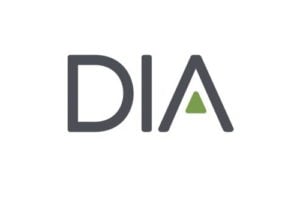Writing in the March edition of DIA’s Global Forum magazine, the University of Southern California’s Viktoria Magyar looks at how Latin American regulatory bodies adapted to the COVID-19 pandemic and what some of its longer-term impacts on regulatory activities in the region might be.
Driven by increasing workloads, limited medical supplies and expertise, and technological advancements, global healthcare systems underwent serious transformation during the pandemic. The World Health Organization (WHO) initiated the development of guidelines for good regulatory practices (GRP) to support higher quality controls, improve decision-making, and produce better public health outcomes during the pandemic.
Challenged by regulatory convergence initiatives and collaborative registration procedures, Latin America’s regulatory agencies (such as Cuba’s CECMED [see below]) and other agencies around the world prioritized and resourced accelerated review processes that satisfied public expectations to meet mandated vaccination and related COVID-19 healthcare goals. Implementation of risk-calibrated pre-market approval with enhanced post-authorization surveillance, and acceptance of clinical evidence from overseas and real-world data (instead of duplicating all efforts locally), proved essential. Regulatory reliance and harmonization platforms that shared information for synchronized decision making; recommendations for implementation of an abridged pre-qualification review process to optimize regulatory review; development of IMDRF guidance for internationally harmonized emergency regulatory mechanisms; and the availability of a greater variety of point-of-care and at-home testing resources, aligned in terms of interagency regulation; all worked together to enable global supply resilience and improved access to a broad portfolio of testing technologies. The continued practice of regulatory agility during and beyond the pandemic was also deemed crucial.
Capacity limitations exacerbated other pandemic challenges. Several of Latin America’s regulatory authorities had no digital health (DH) systems to depend on during societal lockdowns or struggled to consistently perform core agency functions due to nonpandemic work being backlogged.
Adopting fit-for-purpose regulations that meet the needs of these DH technologies and using these technologies to expand pre- and post-market capabilities will also increase resource capacity. For example, digital tools can help alleviate registration backlogs and enable eLabeling and remote or virtual inspections.
Ensuring access to new generations of products and rapidly growing innovation is critical in the pandemic’s wake. Countries that adopt regulatory agility-reliance models, or apply emergency use pathways and exemptions, will lead the way to faster access to novel therapeutics, medical instruments, and innovative digital health technologies, improving healthcare outcomes for patients in Latin America and all around the world.



